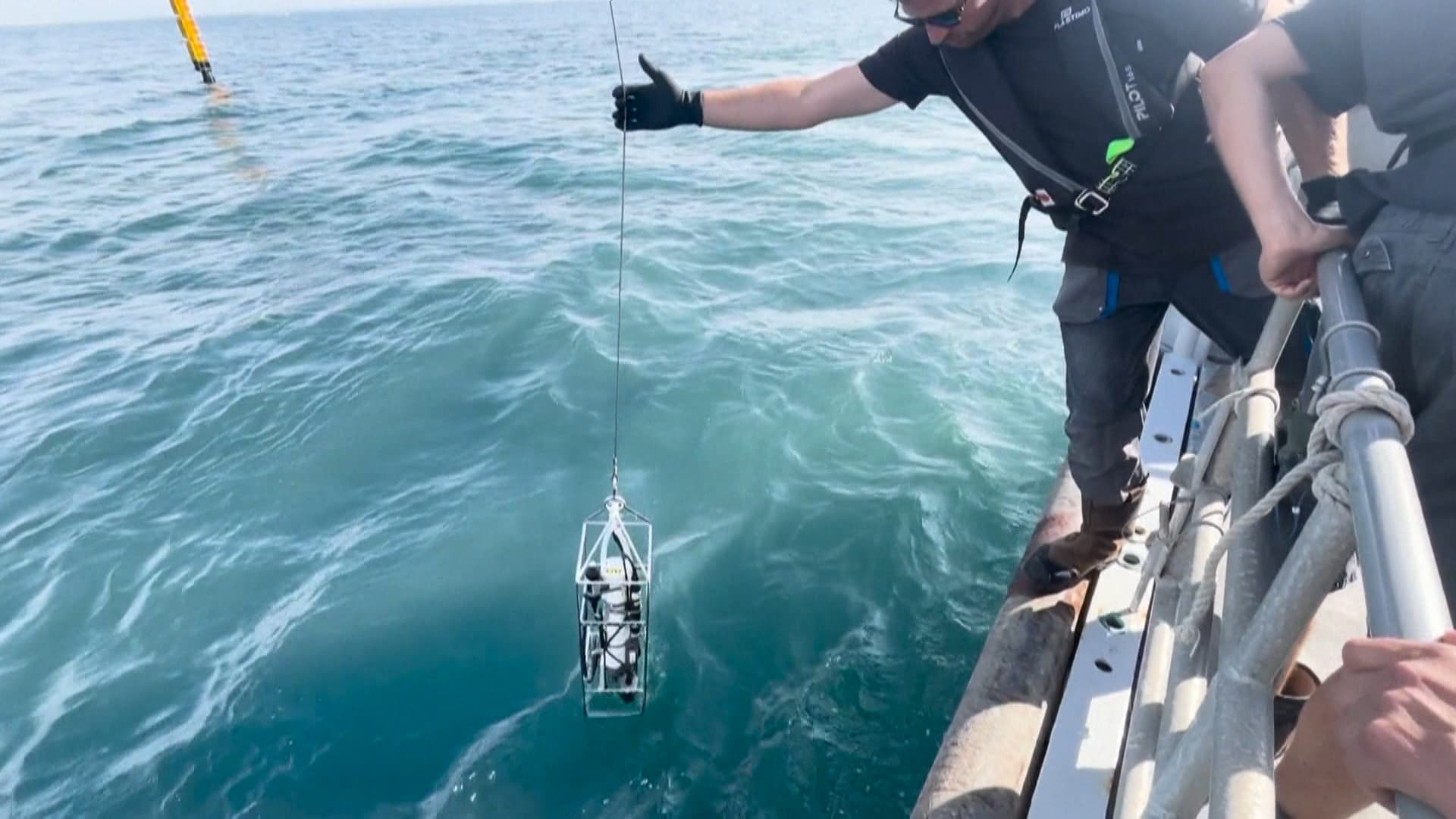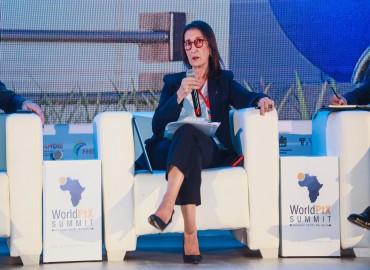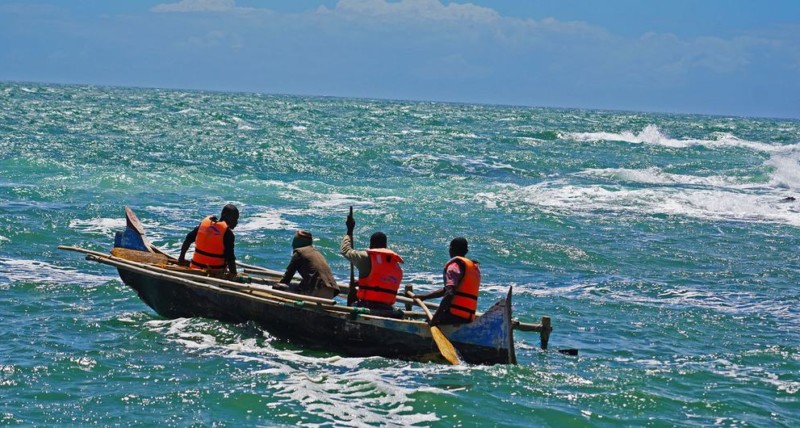
As part of the RIOMar project, scientists are collecting multiple water samples from the Mediterranean Sea to study marine ecosystems and anticipate the behavior of biodiversity in response to climate change.
The Mediterranean Sea is facing the consequences of global warming. Last summer, its temperature reached up to 30 degrees Celsius in some areas, particularly between Calvi and Nice. To better anticipate the new behaviors of marine biodiversity, several researchers are taking seawater samples as part of the RIOMar program.
This project aims to find sustainable solutions to preserve French coastal ecosystems. The Mediterranean Sea, through the Gulf of Lion-Rhône, is one of the five study areas targeted by the program.
« We collected seawater from the bottom, 20 meters deep, to then conduct chemical measurements in the laboratory, such as oxygen, pH, ammonium, or nutrient salts, » explains Bruno Bombled, coordinator of the RIOMar mission, to BFM Marseille Provence.
Samples taken far from the coast
To ensure optimal samples, scientists venture into the areas where river waters meet the Mediterranean Sea.
« This will be a measurement point for the project. We are placing ourselves in this zone because it is particularly sensitive, » says Hélène Lecomte, project manager at the Climate and Environmental Sciences Laboratory.
Forecasts for the 21st century
Once the samples are collected, a laboratory in Marseille will analyze the water to better understand how ecosystems function.
« In the future, the projections we make for the 21st century will be used to better understand and manage the fish populations living in these areas, » explains Christophe Rabouille, national coordinator of the RIOMar project, to BFM Marseille Provence.
On August 15th, the median daily temperature of the Mediterranean Sea’s surface reached 28.9 degrees Celsius, surpassing the previous record of 28.7 degrees recorded in 2023.
Source: bfmtv



